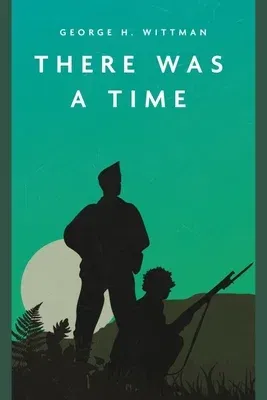OSS officer John Guthrie is hoping for an easy post-liberation
assignment at the end of World War II. His unique skills are, however,
required for another mission--being dropped into North Vietnam to work
with the Viet Minh against the Japanese.
It is the summer of 1945, the last and very dangerous days of World War
II. The Office of Strategic Services is in close, cooperative contact
with Ho Chi Minh and the fighting cadre of the Viet Minh, working
against the Japanese. In the closing months of the war, the OSS
parachute a team of special operations soldiers into Tonkin, northern
Viet Nam.
Led by Major John Guthrie and his second-in-command, Captain Edouard
Parnell, both experienced officers from their earlier assignments in
occupied France and Belgium, the team is tasked with working with Ho Chi
Minh against the Japanese in the midst of various groups vying for
control of Indochina. Guthrie and his team have to adapt to the entirely
different context of Vietnamese politics in order to encourage communist
operations against the Japanese. Guthrie in particular, struggles with
both his personal and professional conflicts. The relationship that
Guthrie and the rest of the OSS team develops with the Viet Minh
leadership is of distinct annoyance to French ambitions to regain
control of their colony, Indochina.
Based on the little-known true story of American and Viet Minh
collaboration in 1945, this novel challenges the later-accepted dogma of
both those supporting and those opposing the American role in the Viet
Nam conflict. This novel notes how what is seen at a later time is often
inadequate to understand what actually went on. Its contemporary
relevance is simply a mirror of what is always the case in international
affairs: today's enemies can and may be tomorrow's friends - and most
importantly, the reverse is true also.

